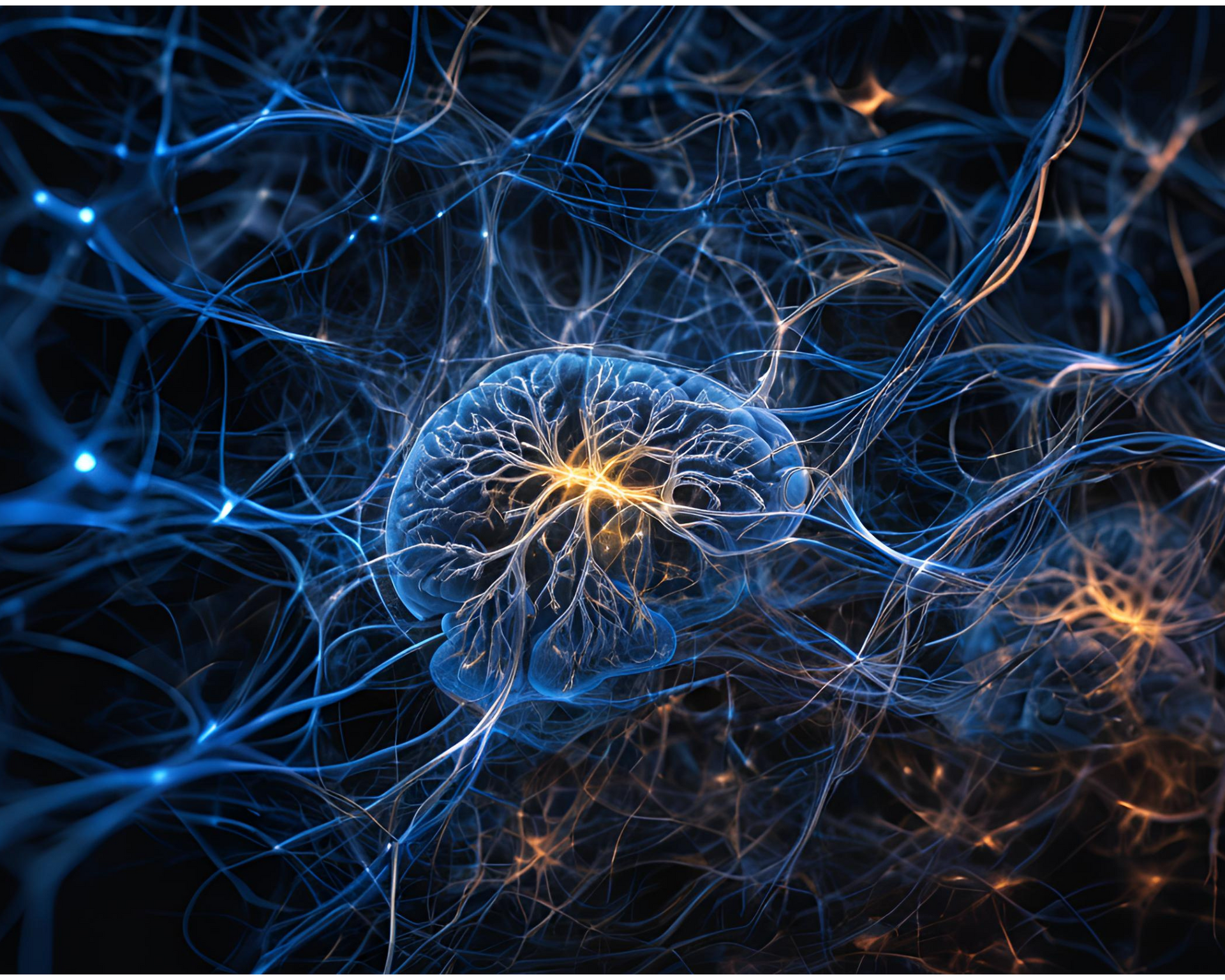The Relationship Between Trauma and Gratitude: How One Affects the Other
The Relationship Between Trauma and Gratitude:
How One Affects the Other

pHOTO CREDIT: PIXABAY
Why is it hard for a traumatized person to feel gratitude?
When someone has experienced trauma, their mind and body are often in a state of survival mode. This can make it difficult for them to focus on feelings of gratitude or appreciation for the positives in their life.
The overwhelming emotions and memories associated with the trauma can overshadow any sense of gratitude, leading to a sense of numbness or detachment from positive emotions. Additionally, trauma can lead to feelings of mistrust, isolation, and a sense of being disconnected from others, which can further hinder one's ability to feel gratitude.
Recent studies have delved into the complex relationship between trauma and gratitude, shedding light on how these two emotions interact. One study published in the Journal of Traumatic Stress found that individuals who had experienced trauma were less likely to feel and express gratitude compared to those who had not experienced trauma.
This suggests that trauma can indeed impact one's ability to experience feelings of gratitude. Another study conducted by researchers at Harvard University found that practicing gratitude exercises, such as keeping a gratitude journal or writing thank-you notes, can help individuals who have experienced trauma increase their gratitude over time. This highlights the potential for healing and growth, even amid trauma.
The Psychology Behind Trauma and Gratitude:
The psychology behind trauma and gratitude is complex and multifaceted. Trauma can significantly impact the brain, affecting areas related to emotional regulation, memory processing, and the perception of safety and trust.
When someone has experienced trauma, their brain may be wired to focus on the negative aspects of their experiences as a way to protect themselves from further harm. This can make it challenging for them to access feelings of gratitude or positivity.
On the other hand, gratitude has been shown to have a positive impact on mental health, promoting feelings of happiness, well-being, and social connection. By cultivating feelings of gratitude, individuals who have experienced trauma can begin to rewire their brains toward a more positive and hopeful outlook.

pHOTO CREDIT: pIXABAY
The relationship between trauma and gratitude is a nuanced one, with important implications for mental health and well-being.
By fostering feelings of gratitude and practicing gratitude exercises, individuals can begin to find healing, growth, and a sense of connection to themselves and others, even in the face of trauma.
Want some inbox love?
Join my mailing list!




















